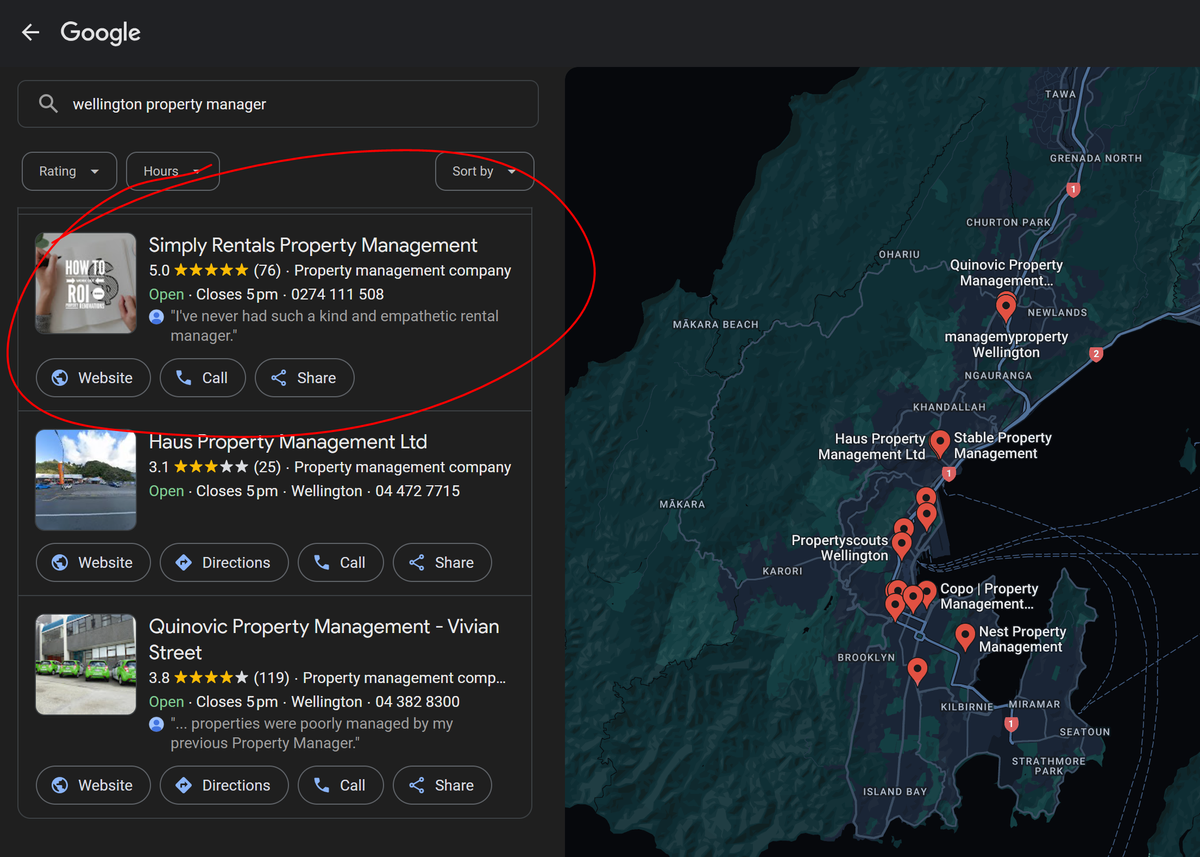The most powerful marketing hack in real estate

I bet that headline caught your attention!
Almost by definition, we real estate aficionados love new marketing tools - always ready to embrace a possible silver bullet to lift our sales into the stratosphere. We love variety in our advertising. Any new tool or idea can pique our interest if not purely for the novelty of being 'new'.
The truth is though, marketing is a pretty simple game. You've heard us say it before, but it bears repeating ad infinitum...
To grow your real estate business you have two key jobs:
- Build a database (whatever form that takes).
- Show everyone you are proficient at selling houses.
The job of any marketing you produce is to show homeowners in your marketplace that you know what you are doing. To prove they can trust you with their biggest asset.
The oldest and best way to achieve this is via social proof.
Social proof is the psychological concept that people are influenced in their decision making by others, compelling them to act within societal norms or expectations. In the context of marketing, social proof provides evidence of the popularity or usability of a brand among consumers to influence the purchase decisions of prospective and returning customers.
Social proof marketing can take multiple forms:
- Word of mouth
- Referrals
- For sale signs with your name on them
- Open home arrows
- Lots of listings online
- Sold signs with your name on them
- Just sold DLE's (especially with a testimonial)
- A recent sales printout attached to your open-home flyers
- A recent sales section in your regular email newsletter
- Testimonials and reviews
Reviews, reviews, everywhere
Over the last few years, we have seen the proliferation of websites wanting to own your reviews. Call it the ratemyagent epidemic. This has coincided with a massive increase in the number of websites aiming to help consumers make buying choices by ranking the various choices available.
No matter what service you need: Mortgage, insurance, mobile phone plan, electricity, broadband, real estate professional, there will be multiple sites that rank the options available (always by their own metrics - usually who pays the most), and then take a commission when consumers make a selection.
When these ranking services contact us, it's easy to fall for the pitch. Our internal voice says:
"If I don't pay to rank highly on this site, my competitors might own this space and I'll miss out!"
Once a commitment is made, these sites will hound you to fill your profile with reviews to help lift your ranking. Once that's happened, they've got you hooked and it's very hard to leave.
Getting your reviews on their platform is a specific strategy designed to hook you in as a long-term paying client.
But how do we know these sites will actually secure any leads for us? And if they do produce leads, will they be of decent quality?
The worst part is, once we jump in that sandpit, it's like relying on Facebook to get your posts in front of your followers - they can turn off the traffic tap and charge you more at any time, or put higher-paying competitors ahead of you, and there is nothing you can do about it.
These businesses are the ultimate example of clipping the ticket without adding real value. They are opportunist enterprises hoping to squeeze money out of any big-ticket buying decision they can influence. And in real estate, they've found willing small business owners happy to spend money on shiny new marketing toys that might help them jump up to the next income tier.
So what can we do about it?
Cut out the middle man and save!




